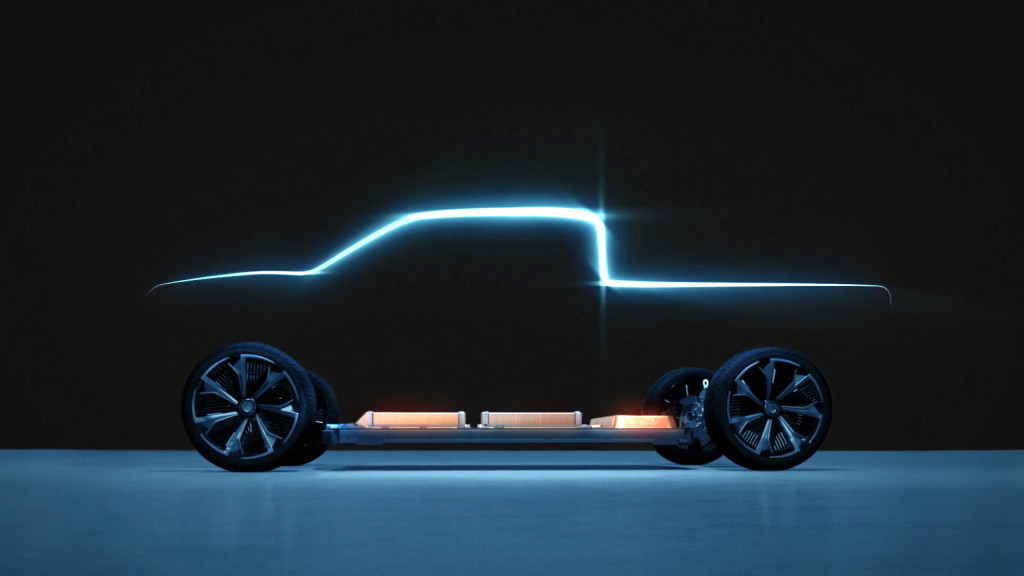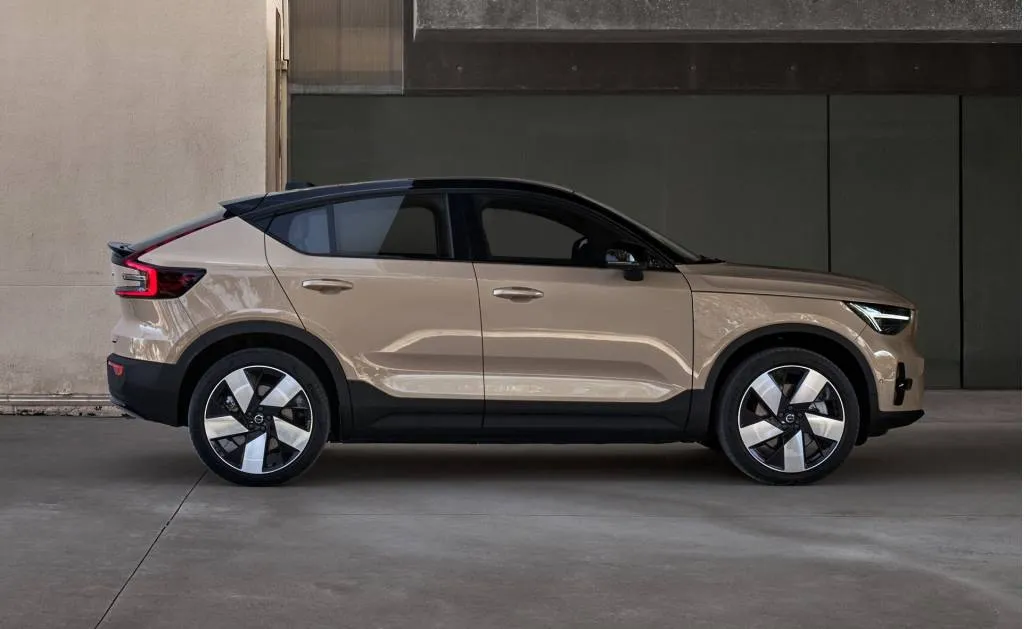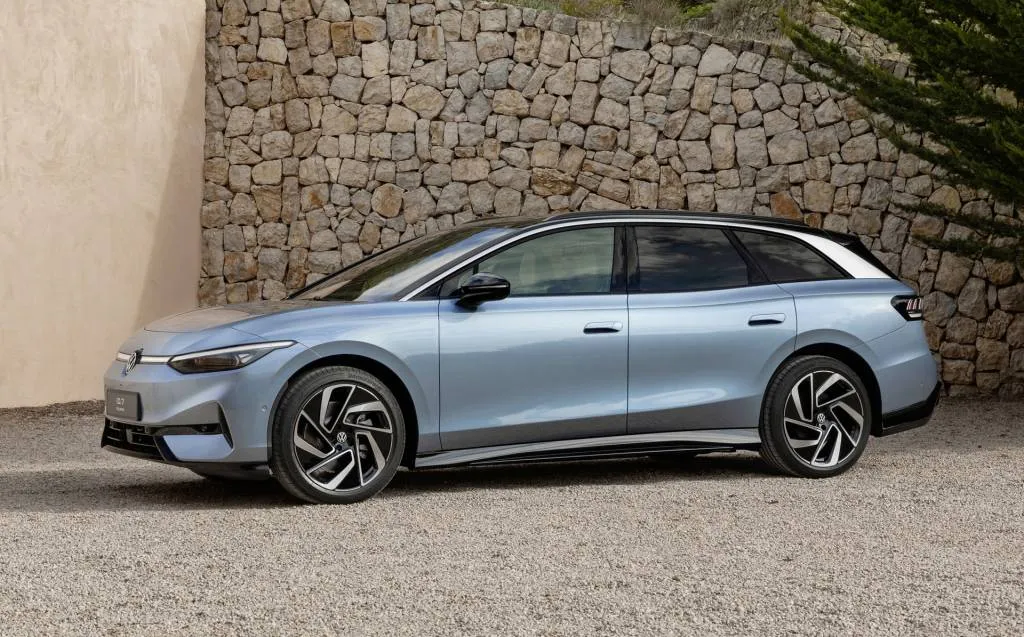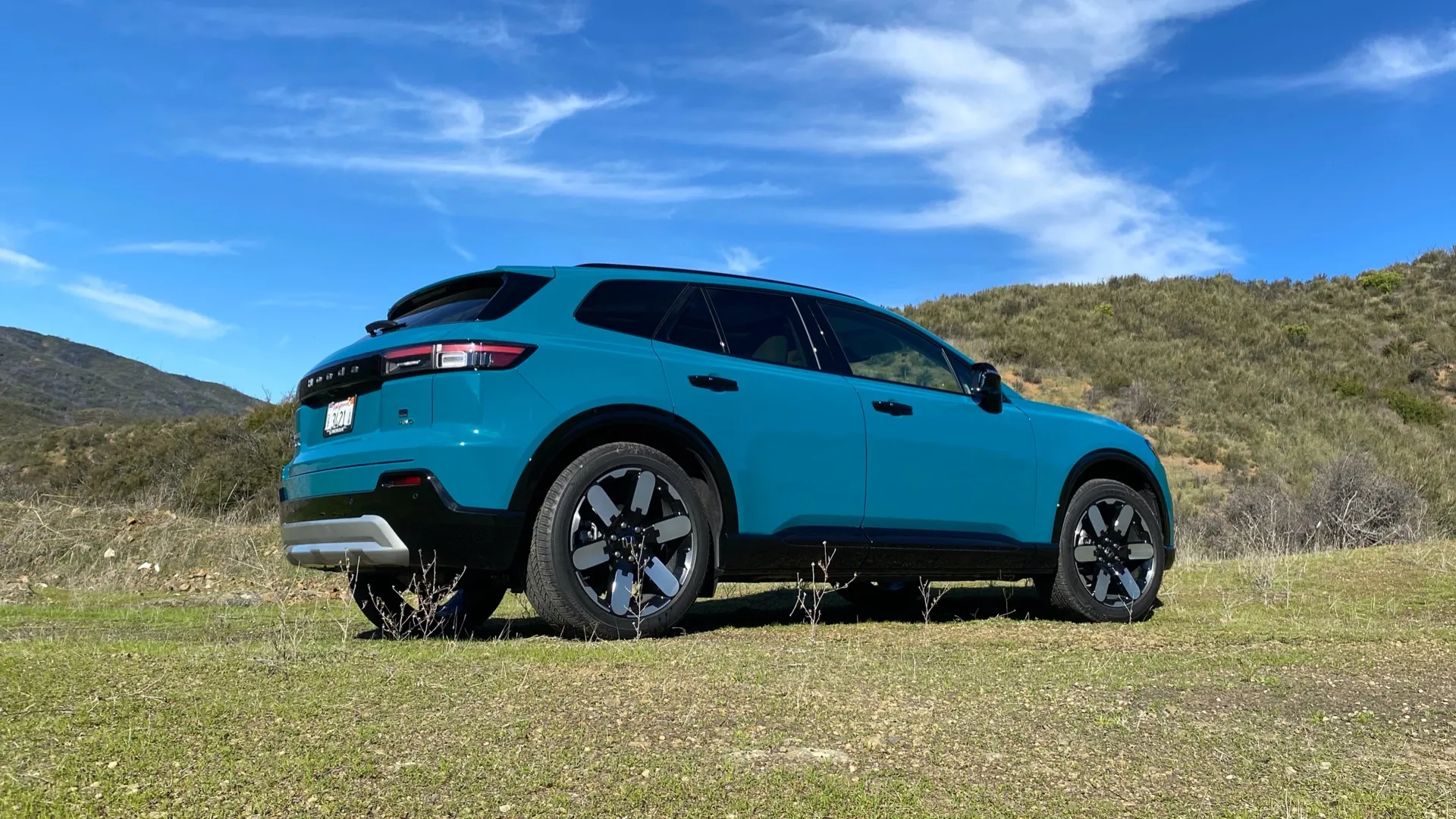Which automaker pushed an important EV target back by five years?
Which brand is at least considering adding artificial engine vibration to its EVs?
This is our look back at the Week In Reverse—right here at Green Car Reports—for the week ending February 23, 2024.
In a first drive of the 2024 Honda Prologue EV, we found that this roomy, refined, and feature-packed electric crossover fits in just fine as an establishing statement toward flashier Honda EVs arriving in the near future.
2025 Porsche Panamera 4S E-Hybrid
The new-generation 2025 Porsche Panamera plug-in hybrid lineup revealed this week mixes in more electric miles, gets quicker acceleration, and gains an active suspension system, among its many improvements.
The legions of legacy automakers announcing delays to their EV plans grew again this week, as Mercedes-Benz delayed its EV targets announced earlier in the decade. While it had planned for EVs and hybrids to make up 50% of its sales by 2025, it now expects to hit that target in 2030. It also appears to have scrapped its plan to only sell EVs by 2030 where market conditions allowed.

GM electric pickup silhouette – from 2020 Ultium platform preview
Further, GM is reportedly rushing plans for full-size plug-in hybrid pickups, as it pivots away from a new generation of electric vans and a smaller electric pickup. And Hyundai’s Genesis may not shift to fully electric on quite the timeline it’s been detailing in recent years, according to a report from South Korea. A report, citing insiders, suggests that the luxury brand now plans to add hybrids next year, whereas it had previously said all additions to the lineup from 2025 on would be EVs or hydrogen fuel-cell models.
Ford on Tuesday cut Mustang Mach-E EV prices by up to $8,100. The price adjustment brings base versions of remaining 2023 stock to $41,695, or about $2,700 less than the entry Tesla Model Y. A bonus cash incentive also chopped up to $12,500 off F-150 Lightning electric trucks.

2025 Volvo EC40 (Europe spec)
Volvo, on the other hand, has recently reaffirmed its plans to go all-electric by the end of the decade, and on the way there it’s retiring its Recharge badge for plug-ins. That means adding two new EV badges to align the old with the new—recasting the XC40 Recharge and C40 Recharge as the EX40 and EC40, respectively. Volvo also later in the week clarified exactly how it will shed most of its stake in Polestar, as the EV startup struggles and has become, as some have observed, a drag on Volvo resources.
According to several reports from earlier in the week, the Biden administration is considering pulling back on stricter emissions rules, so as to give full-line automakers more time to ramp up EV production levels and produce more gas-guzzlers. The tweaks would reportedly “slow the pace at which auto manufacturers would need to comply,” pushing sharper gains to 2030 and beyond.
Ready for a European vacation? The Volkswagen ID.7 Tourer electric station wagon revealed Monday looks all set for a family road trip—and with the three-row ID.Buzz coming here later this year, it’s hard to imagine this attractive electric wagon being U.S.-bound anytime soon.

2025 Volkswagen ID.7 Tourer
According to a patent filing made last year and recently found via a Mopar fan site, parent company Stellantis may be considering more than just noisemaking for its screaming-loud electric muscle car, now due for a reveal March 5. A so-called “Active Vibration Enhancement” system might potentially provide a muscle EV with the shake of a V-8.
Sono Motors is undergoing something of a revival, post bankruptcy, with a solar electric bus kit aimed at converting commercial vehicles. But there’s no mention of the Sion solar EV project, which had previously appeared to be for sale. As of this weekend, the company still hasn’t responded to Green Car Reports regarding the status of the program or its potential sale.

Sono Sion and other vehicles equipped with Sono solar panels
Before the end of the decade, EVs may be cheaper than gas models. According to a study out this week from the International Council on Clean Transportation (ICCT), a glut of lithium plus Biden policy will result in lower battery prices and, most importantly, much lower EV sticker prices relative to gasoline vehicles. The affordability gains will happen even without Biden incentives, just more slowly.
And as misinformation spreads about EV sales being down, send your friends to an easy-to-read chart—showing that 2023 EV sales blew past 2022 levels every single month of this past year.
_______________________________________
Follow Green Car Reports on Facebook and Twitter
Read the full article here



